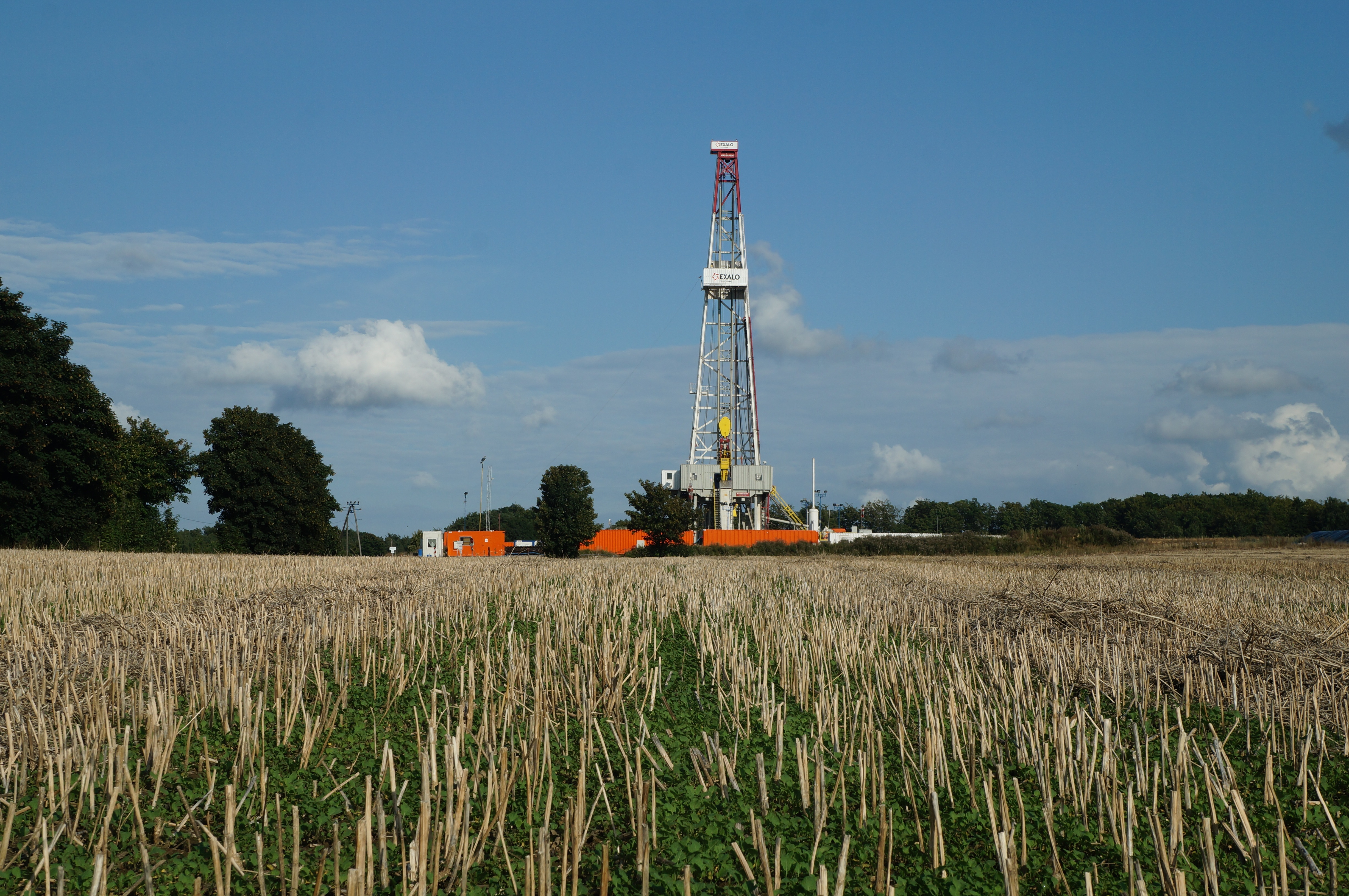Using the embedded player above, you can download the episode to your computer or listen to it here! Be sure to also subscribe on iTunes!
Key Points:
In this Episode, we again feature special guest and fellow mineral owner Justin Williams. We cover working interests for mineral rights owners. That is, what is a non-operated working interest in the context of a mineral owner who is given the opportunity to participate in a well. This is a scenario you may face if you are an unleased mineral owner who receives a pooling notice. (We will cover the concept of “forced pooling” in a future episode so subscribe today so you don’t miss it!.)
What is a working Interest?
A working interest is an ownership in an oil and gas lease (also known as a “leasehold interest”) that provides the owner with the right to explore and produce oil, gas, or other minerals. The working interest owner, bears their proportional share of the cost of drilling, completing, and operating a well in return for their share of the oil and gas produced.
As a side note, the share of production a working interest owner is entitled to will usually be smaller than the share of the costs for that well. This is because the mineral and other royalty owners (lessor(s)) are also owed their portion of the oil and gas production. For example, the owner of a 100% working interest in a lease that has a landowner’s royalty of 20% would pay 100% of the costs associated with a well while only keeping the remaining 80% of the production.
There are two types of working interests, operated and non-operated. In the case of most mineral owners, they would fall into the non-operated category. As you might expect, the owner of the operated working interest is responsible for all aspects of drilling and operations for the lease. The non-operated working interest owner is consulted on decisions related to the lease but are not involved with actually operating any wells.
Terms:
Joint Operating Agreement (JOA) – The contract that governs the relationship between operator and non-operated partners. This is used when more than one party has an interest in the leasehold estate in a particular area. It provides the basis for how operations, maintenance, equipment, and production are shared amongst the cotenants. It outlines how decisions are to be made related to the drilling, completing, and operations of wells and what inspection rights the non-operated parties have.
Participating in a Well – Electing to financially contribute to the direct costs of drilling & completing a well or wells in exchange for a percentage of the production. By participating in the well you become a non-operated cotenant (also known as holding a “non-operated working interest”).
Non-Consent – If the operator proposes to perform work on a new or existing well, they will propose the work under the JOA. For work that requires approval, they will provide a cost estimate for the proposed work (called an Authority for Expenditure or AFE). Parties that elect to participate would owe their portion of the costs for the work. Those who don’t consent to the work (going “non-consent”) would be subject to a penalty of some multiplier of cost before they are allowed to receive revenue again per their % ownership. In other words, the cost for that work would need to be recovered along with a “penalty” (e.g. a total of 200% to 300% of the cost of the work would need to be recovered first).
Potential Downsides:
- You are obligated to pay your proportional share of initial costs to drill and complete the well and the operations and maintenance costs over the life of the well (could be for 25-40 years).
- There may be other costs associated with the investment such as incremental accountant costs to prepare your taxes or to review billings, attorney fees to help review JOA or setup a business entity to hold the working interest, and you may be liable for costs to plug & abandon the well at the end of its life.
- There may be additional liability with this type of investment and additional insurance may be required to cover these liabilities.
- There is additional risk associated with the investment when compared to a royalty interest. It may not generate positive cash flow and as such, you need to have other cash or income available to offset any losses.
- A non-operated working interest that is profitable today may lose money in the future if oil & gas prices go down or if there are operational issues with the well.
Potential Upside:
- After royalties are paid, a working interest entitles the owner to their share of production revenues.
- There may be tax benefits for owning a non-operated working interest (consult your CPA for advice). In the US, the IRS considers a working interest a “non-passive” activity and as such any losses associated with the interest may offset other ordinary income. Also, a working-interest owner may be able to deduct other costs such as intangible drilling costs or development costs.
- You can own a larger percentage of an oil and gas well and if it is profitable, this may provide a good source of revenue.
Potential Red Flags:
- Be weary of unsolicited phone calls offering an investment opportunity that sounds too good to be true (it probably is). The SEC provides a guide for things to watch out for with Oil and Gas Scams.
- Read the Joint Operating Agreement (JOA) carefully and consider having an attorney review it as well. Be sure that you will not be burdened with significantly higher expenses the percentage interest in the production revenue that you would be earning.
- Any person soliciting an investment may need to be licensed to sell securities in your state. Do your due diligence on the company and the people involved to see if there are any complaints against them.
In summary, investing in non-operated working interests can be a profitable endeavor but it is definitely not for the faint of heart. Typically, this investment is best suited for patient and sophisticated investors who have a good understanding of the oil and gas industry.
This information is being shared for educational purposes only. This is not to be construed as legal advice! When in doubt consult an attorney in your state that is experienced in mineral law.
Thanks for Listening!
To share your thoughts:
- Leave a comment or question below (we read each one and your question may be featured in a future episode)!
- Ask a question or leave us feedback via email or voicemail: (720) 580-2088.
To help out the show:
- Leave an honest review on iTunes. Your ratings and reviews really help and I read each one.
- Subscribe on iTunes
Thanks again to Justin Williams for joining me this week and providing the mineral owner’s perspective. Until next time!
Matt



